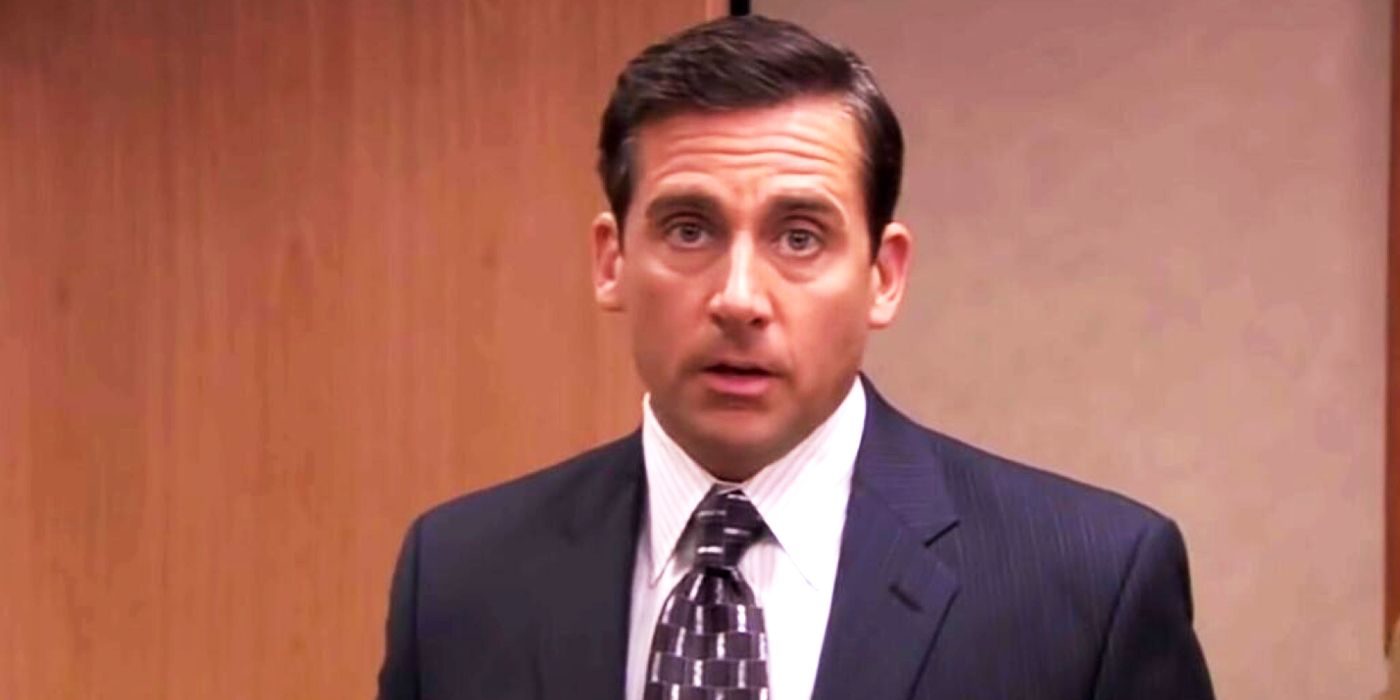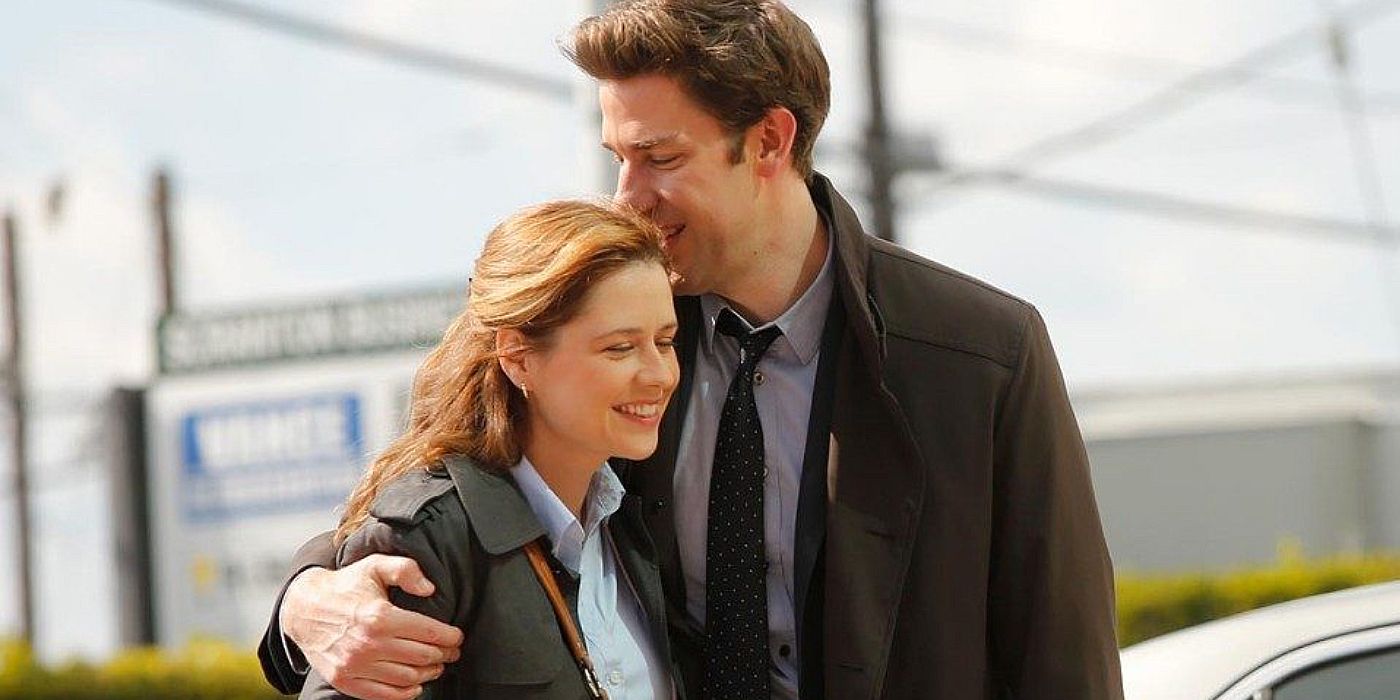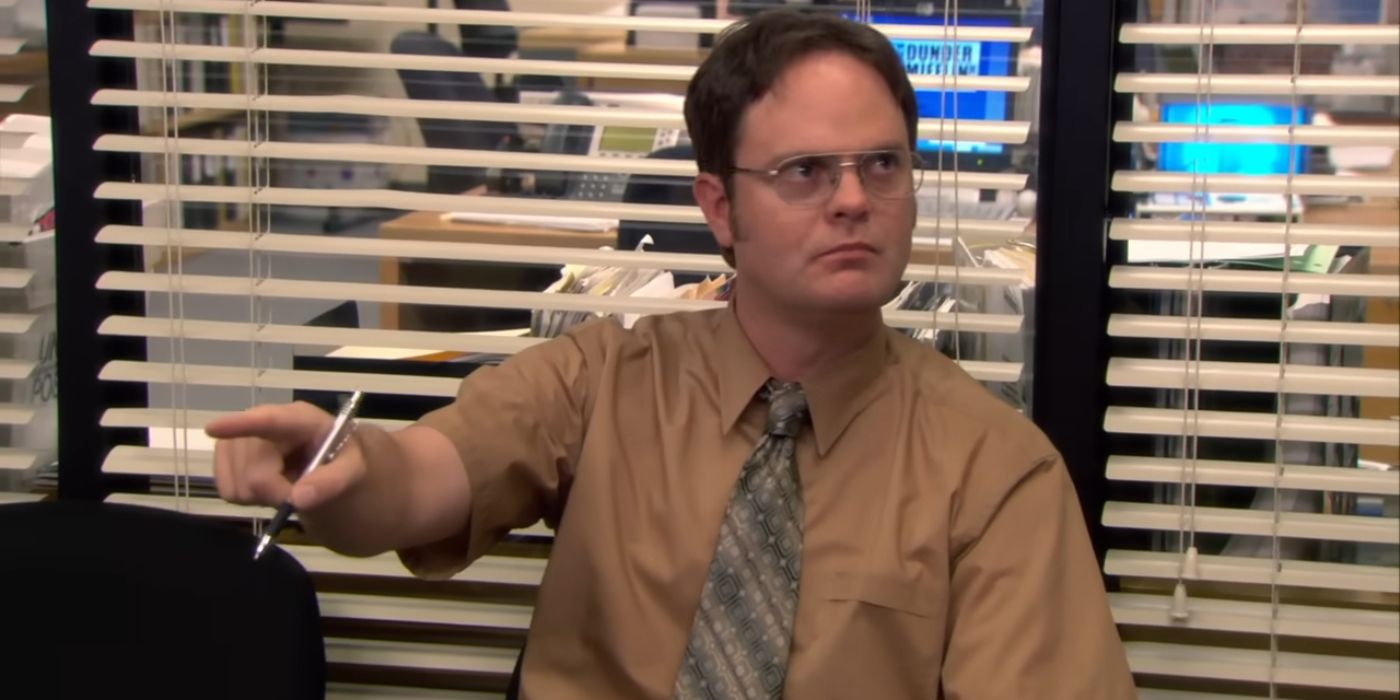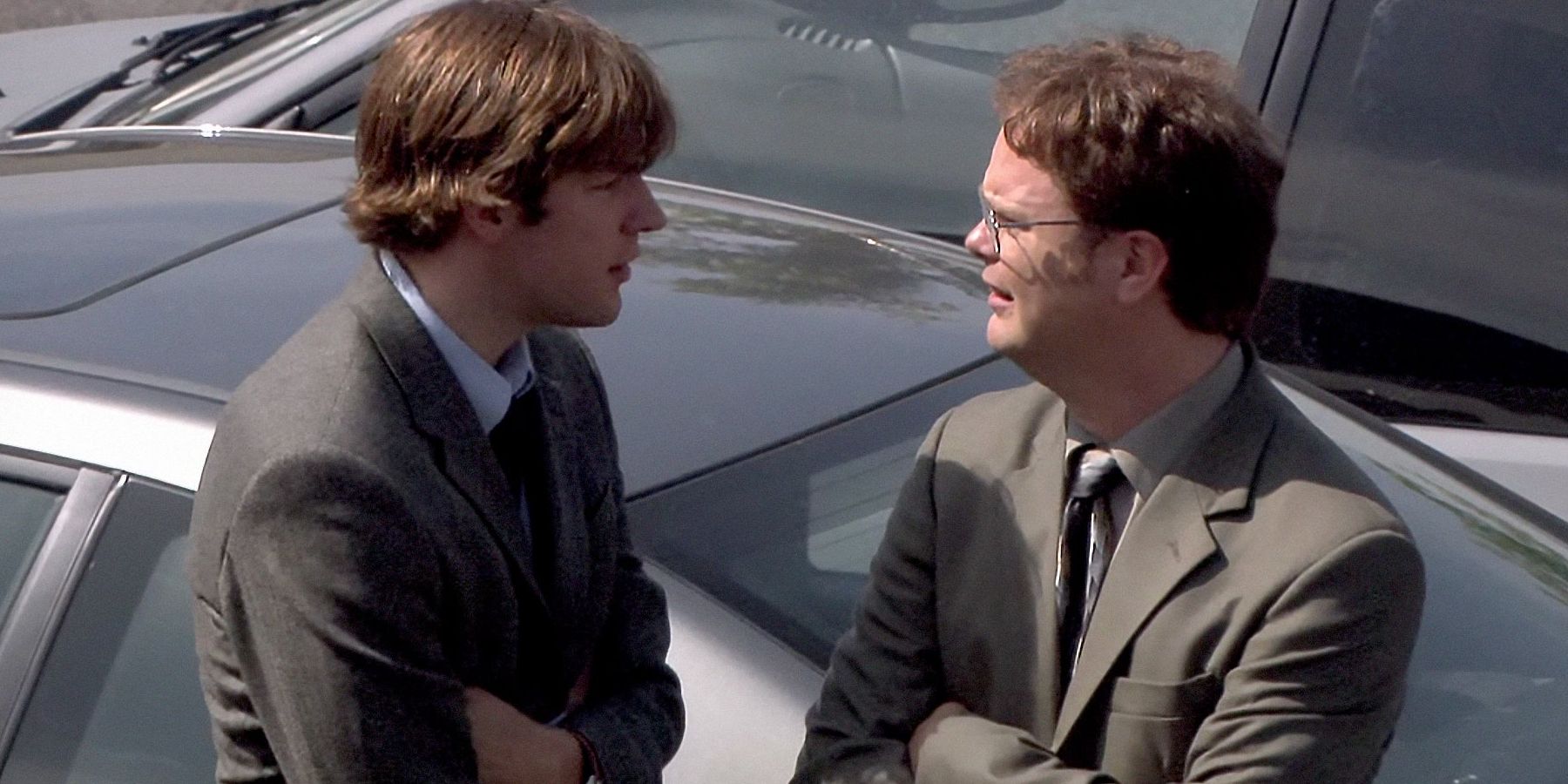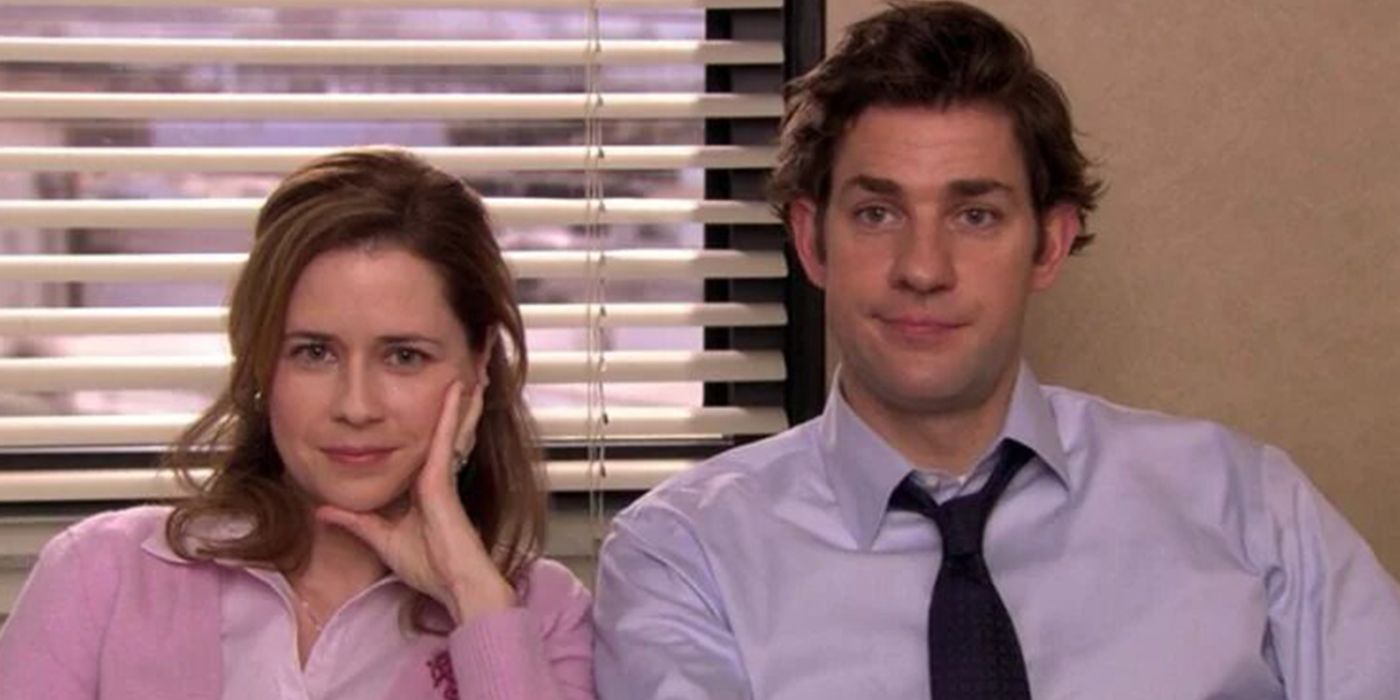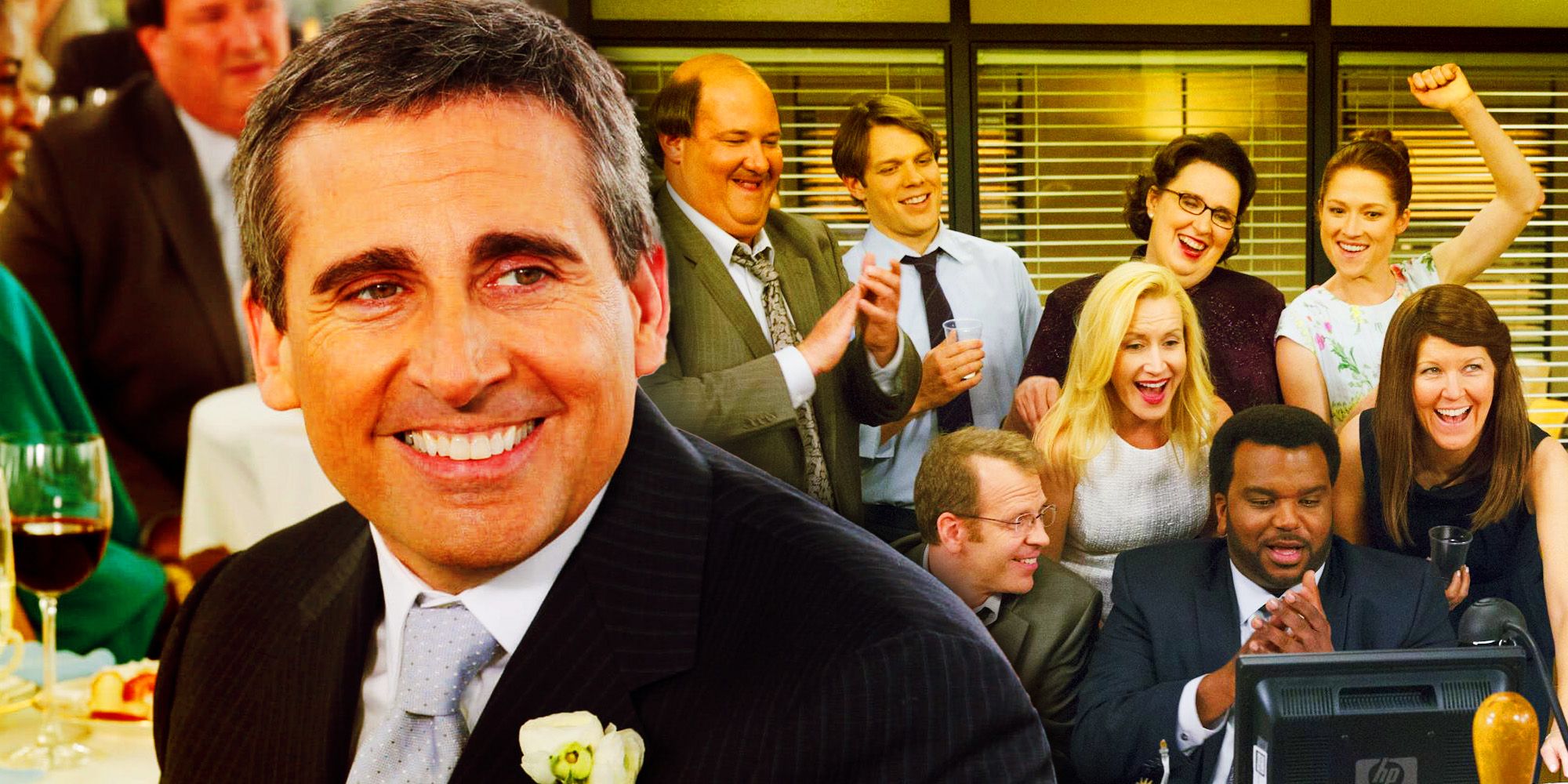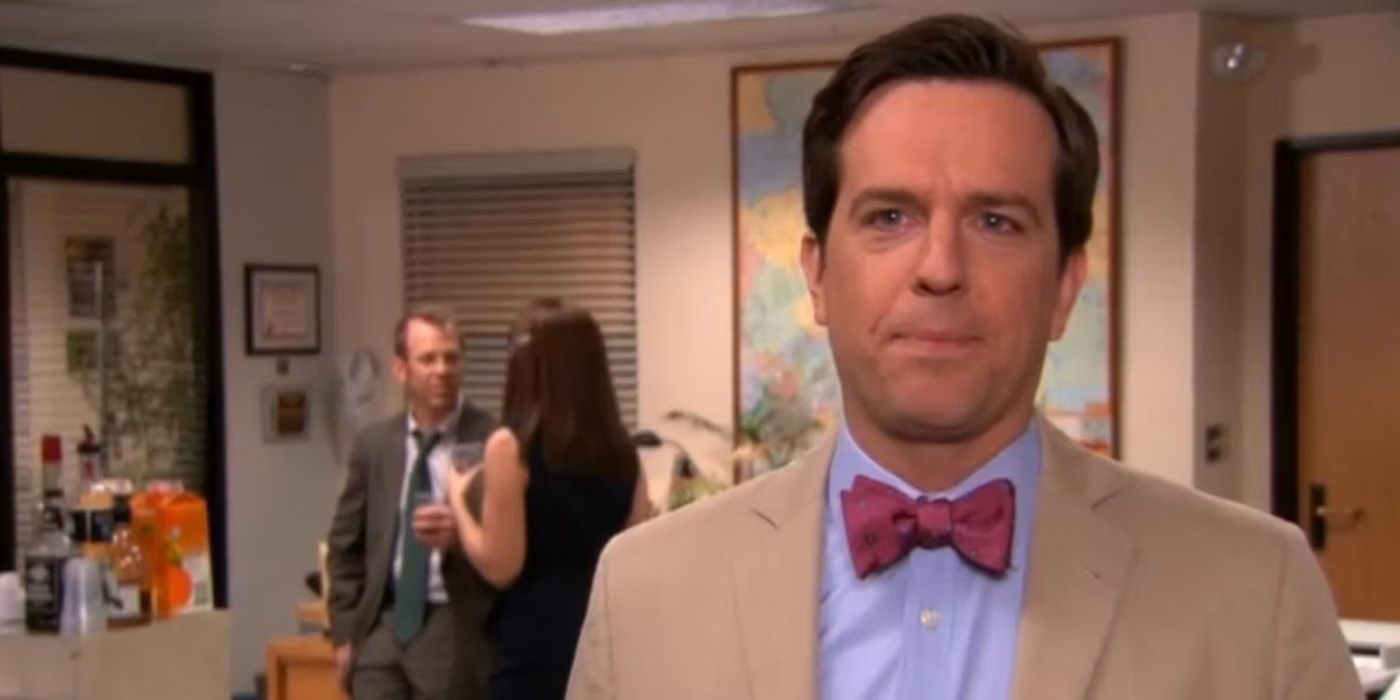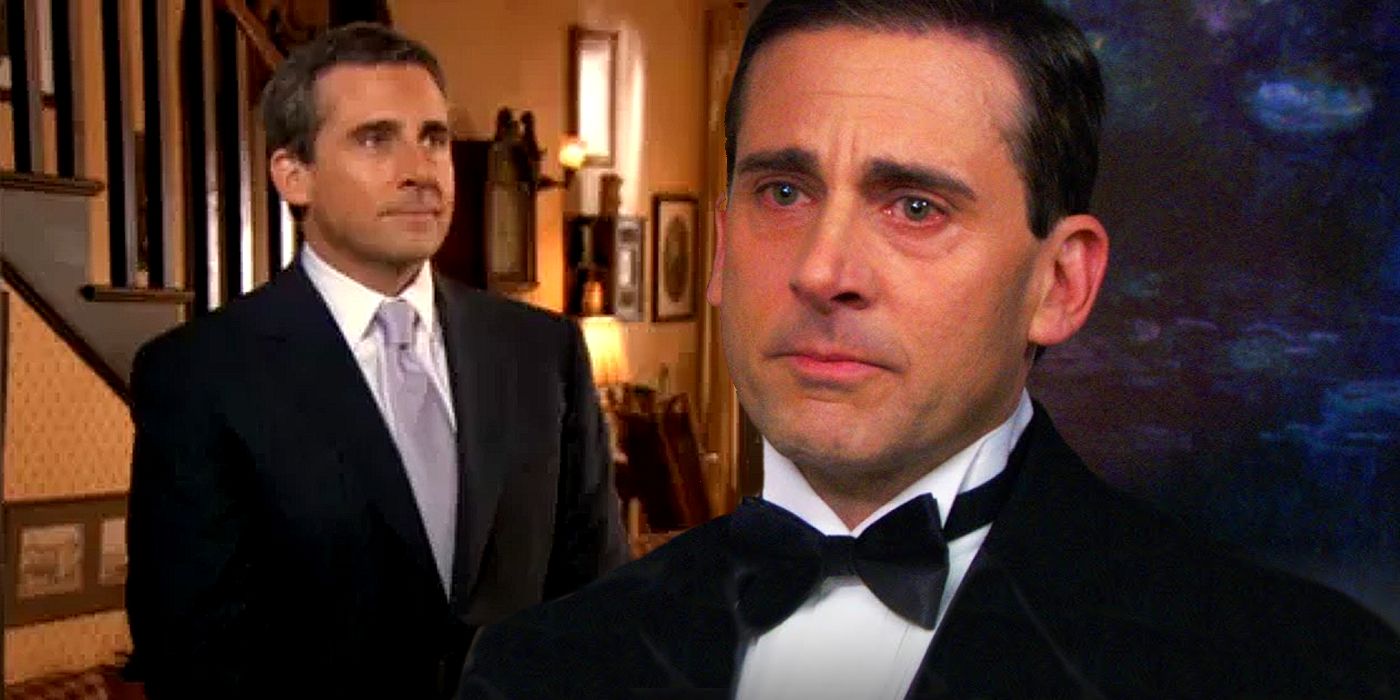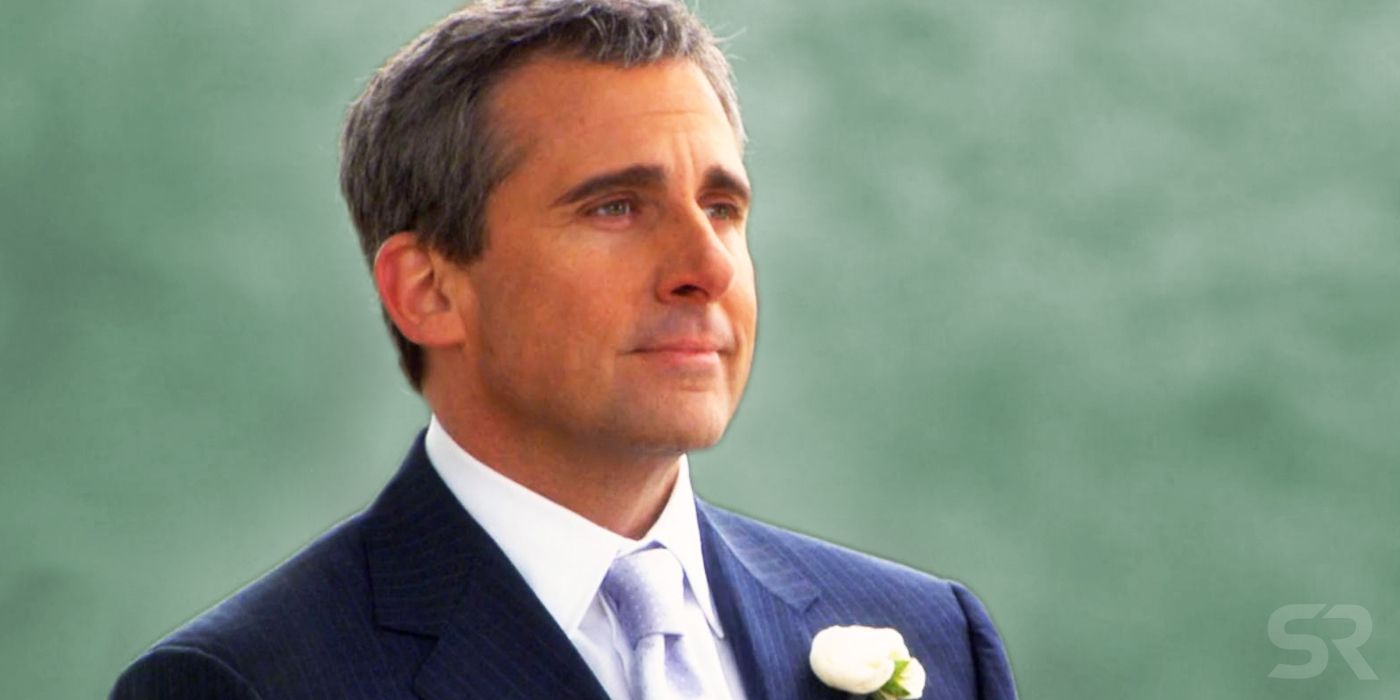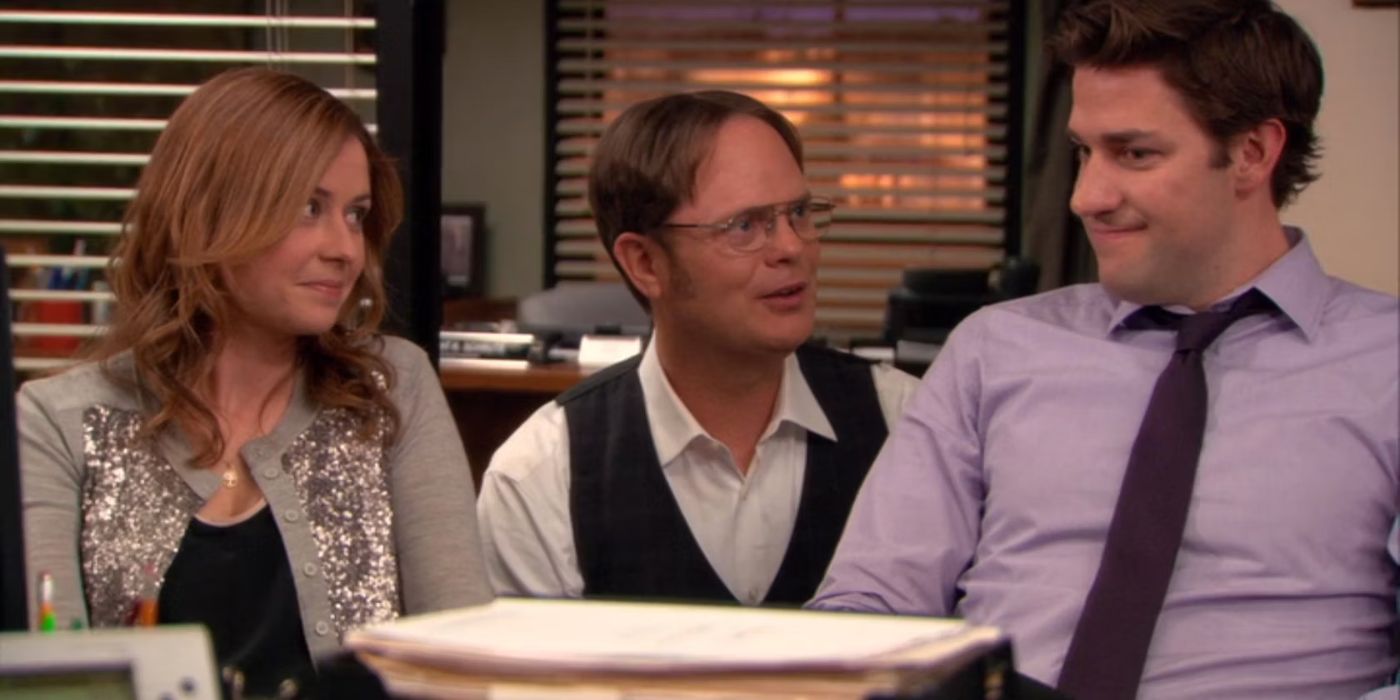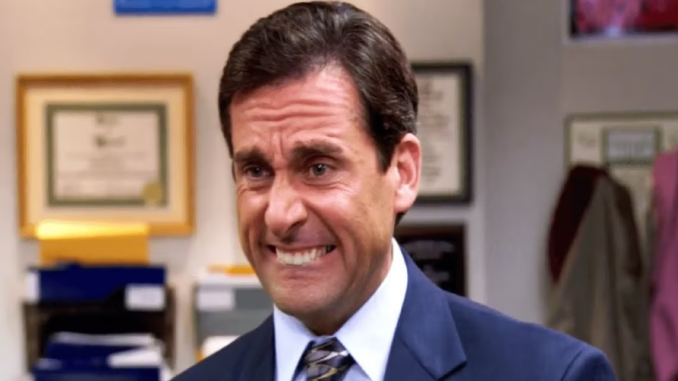
If any show disproves the idea that all remakes are rubbish, it’s The Office. The Steve Carrell-led comedy, which first aired in 2005, was initially met with skepticism. Critics understandably raised concerns about how American optimism would combine with the caustic cynicism of Ricky Gervais’ much-loved original, and early reactions suggested that The Office would go the way of other ill-advised trans-Atlantic TV clones. 19 years later, not only has The Office stepped out of the short-lived BBC series’ shadow, but that it deserves to be considered on its own terms as one of the all-time great comedy series.
Much of The Office‘s effectiveness stems from its simplicity. Centering on an ignominious regional paper company branch in Scranton, Pennsylvania, the show explores the dynamics and relationships that define an ostensibly ordinary and instantly recognizable workplace. Like any office, Dunder Mifflin features overbearing managers, irritating coworkers, and unrequited crushes. However, what sets the show apart is how it explores these universal themes with compassion, a wicked sense of humor, and a humanity that makes the comedy much more effective than it has any right to be. The result is a timeless sitcom that deserves to be considered a classic.
The Office Grew To Become An Iconic Comedy
It Changed & Developed As The Series Went On
Where Gervais and Merchant’s two-season series was immediately defined by desert-dry wit, subtle understatement, and moments of excruciating social awkwardness, the US Office took a while to find its feet. Season 1 is often regarded as an unfortunate necessity by series completionists – determinedly repeating the original’s greatest hits. Carrell’s Michael Scott, a character that redefined workplace sitcom characters, began life as a poor man’s David Brent – imitating mannerisms that were once the cutting edge of comedy that became worn-out and ineffective. Rewatching the series, there’s little in season 1 to indicate where the show would end up.
One of the show’s biggest strengths is that extended seasons give different plot threads time and space – a major advantage over the truncated original.
The Office really comes into its own when it forges its own path. After a tepid first season, the show soon gave the vibrant Dunder Mifflin family breathing room. Not only are characters like Michael, Dwight, Jim, and Pam allowed to differentiate themselves from their British counterparts (each showcasing personalities that are uniquely endearing and charismatic), but supporting players like Kevin, Stanley, Phyllis, and even the Eeyore-like HR representative Toby also start to shine. One of the show’s biggest strengths is that extended seasons give different plot threads time and space – a major advantage over the truncated original.
Served by richer storylines, the performances in The Office are uniformly exceptional. Carrell as Scott can masterfully switch between annoying, obnoxious, empathetic, and heartwarming – often in the same scene. John Krasinski and Jenna Fischer as photocopier-crossed lovers Jim and Pam offer the perfect blend of romantic tension and believable chemistry. To many, Rainn Wilson is the real star of the show, with his performance as the eccentric salesman-come-beetroot farmer Dwight Schrute a masterclass in maverick energy. Together, the core cast constitutes an incredible comedy team, setting the standard in the genre.
Later Seasons Prevent The Office From Being Perfect
It Strayed From What Made It So Great
In The Office‘s middle seasons, the combination of the central characters, loveable supporting players, engaging and believable storylines, and genuinely inspired jokes makes the show a must-watch for any sitcom fan. However, while the “Golden Age” of seasons 2 to 6 set a new benchmark for workplace comedy, there is a wrinkle in the show’s reputation. Even die-hard Office fans would be hard-pressed to claim that later seasons – especially after the departure of central players like Carrell – can hold a candle to the show’s glory days.
The introduction of wacky new characters and barely credible subplots compromises what gives the best Office episodes their power. Even when Michael was at his most ludicrous, the show still felt grounded and somewhat believable, maintaining a fig leaf of authenticity whatever madness was unfolding on-screen. Towards the end, The Office tends to take things a little too far, following characters who feel like caricatures, instead of authentic recreations of real-life experiences.
However, even if it tails off towards the end, there is no denying the comedy greatness on display in The Office‘s prime seasons. The fact that the show’s influence can be seen in genre staples from Parks & Recreation to Brooklyn Nine-Nine is a testament to how affecting and effective the series’ approach could be. It may not be faultless, but The Office is a comedy classic that still feels essential, nearly two decades on.
